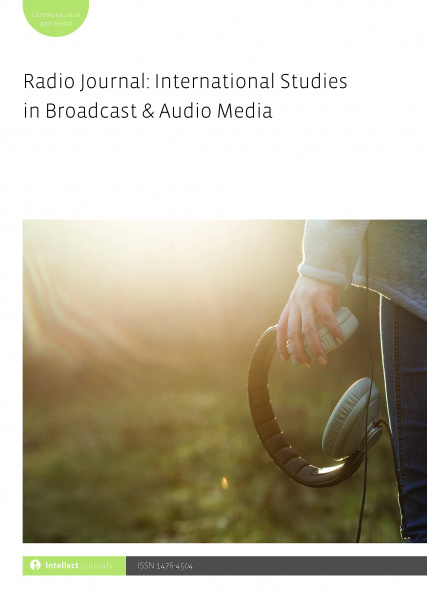
Full text loading...
 ,
Itala Maduell Vieira
,
Itala Maduell Vieira ,
João Guilherme Bastos dos Santos
,
João Guilherme Bastos dos Santos ,
Viktor Chagas
,
Viktor Chagas ,
Miguel de Andrade Freitas
,
Miguel de Andrade Freitas and
Alessandra Aldé
and
Alessandra Aldé
This article brings the results of an investigation into the role of WhatsApp audio messages in the 2018 Brazilian presidential elections, proposing that instant voice messaging borrows elements from radio language. We started from a broader research, conducted by the Brazilian National Institute of Science and Technology in Digital Democracy (INCT.DD, in its Portuguese acronym), which identified a network composed of 220 WhatsApp groups – all of them with open-entry links – supporting six different candidates. Those groups put together thousands of anonymized profiles linked through connections to similar groups, configuring an extensive network. More than 1 million messages, including 98,000 audios, were gathered and downloaded during 2018 Brazilian electoral period (from June to October). We focused on eighteen audios with major circulation (totalling 3622 appearances) among the ones shared at least 100 times, which were extracted and analysed. The use of radio content analysis techniques pointed out strong evidence that audio messaging remediate radiophonic elements such as intimacy and colloquial language to accelerate disinformation campaigns.

Article metrics loading...

Full text loading...
References


Data & Media loading...

Publication Date:
https://doi.org/10.1386/rjao_00021_1 Published content will be available immediately after check-out or when it is released in case of a pre-order. Please make sure to be logged in to see all available purchase options.